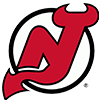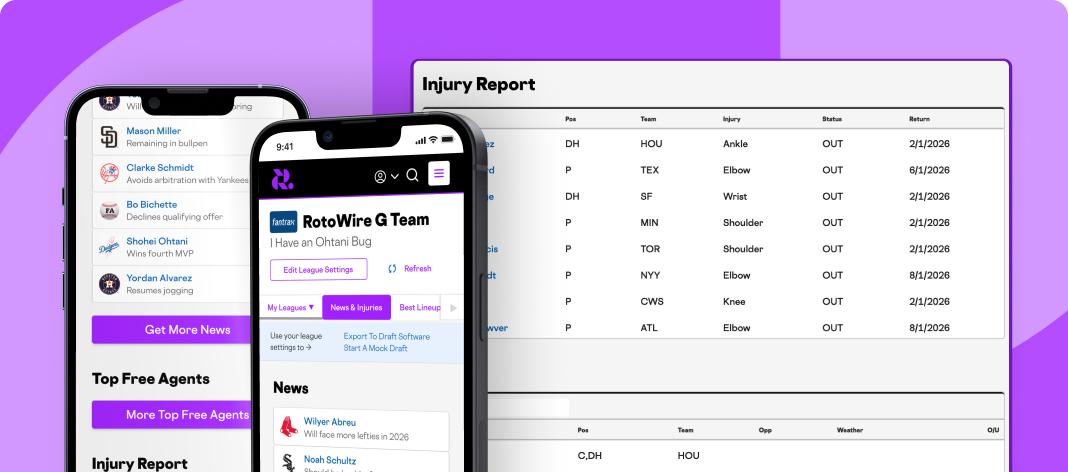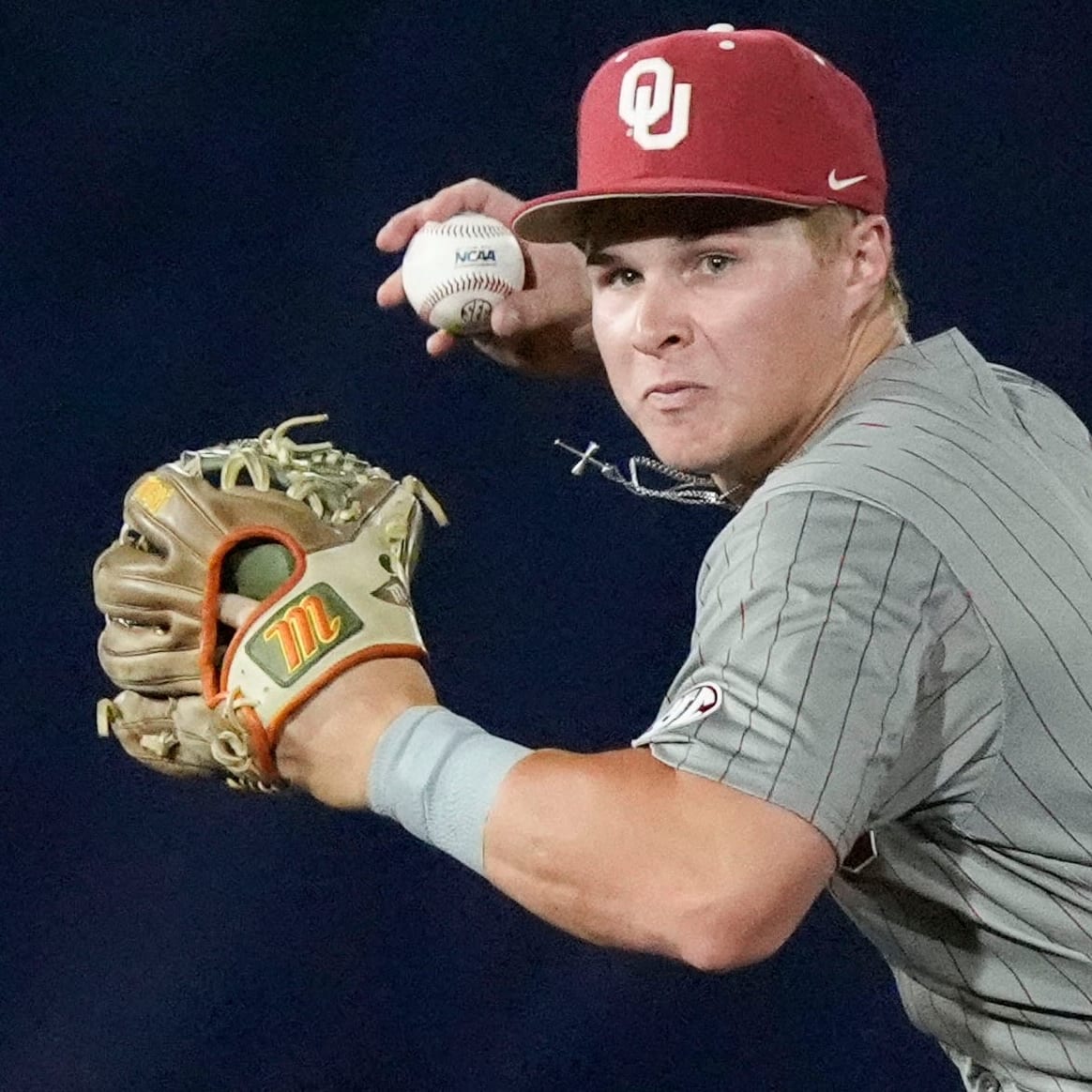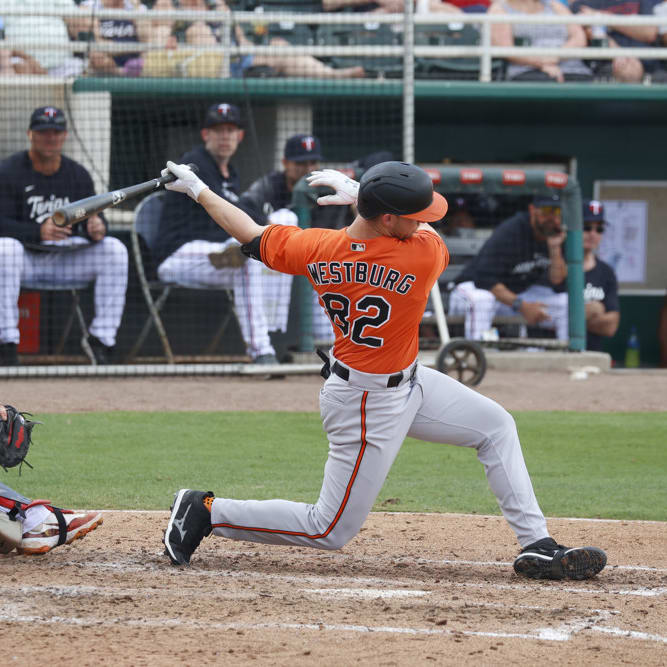Over the past few years, Life, the Universe and Everything, has gradually become a semi-regular part of Mound Musings. As we all try to answer the ultimate question, I'll occasionally dedicate this space to elaborating on questions from you, the readers, as well as take the opportunity to make brief comments about current events. If you have a pitching question, fire away; that's what we're here for.
Taking a walk on the wild side: We're two weeks into the season, and I'm convinced a significant part of the "pitch clock is no big deal" talk during the spring was hooey. A lot of pitchers have really lost command. Maybe they can't locate within the strike zone or maybe they can't consistently throw strikes at all, but many pitchers you could normally rely on, are taking a walk on the wild side. And it may be getting worse?
Obviously it's not everybody, as there are pitchers already rolling, but I'm having trouble identifying the most likely time bombs. I did see an eye-opening stat. Apparently, starting pitchers age 34 and above, had an OPS of .890 through the first week. That's scary bad. The thought is many older pitchers are struggling to adjust to the new pitch clock because they haven't had to worry about time management over their careers, while many of the younger arms grew up with some restrictions designed to speed up the game. It makes sense,
The worst of it is the never-ending challenge of identifying an
Over the past few years, Life, the Universe and Everything, has gradually become a semi-regular part of Mound Musings. As we all try to answer the ultimate question, I'll occasionally dedicate this space to elaborating on questions from you, the readers, as well as take the opportunity to make brief comments about current events. If you have a pitching question, fire away; that's what we're here for.
Taking a walk on the wild side: We're two weeks into the season, and I'm convinced a significant part of the "pitch clock is no big deal" talk during the spring was hooey. A lot of pitchers have really lost command. Maybe they can't locate within the strike zone or maybe they can't consistently throw strikes at all, but many pitchers you could normally rely on, are taking a walk on the wild side. And it may be getting worse?
Obviously it's not everybody, as there are pitchers already rolling, but I'm having trouble identifying the most likely time bombs. I did see an eye-opening stat. Apparently, starting pitchers age 34 and above, had an OPS of .890 through the first week. That's scary bad. The thought is many older pitchers are struggling to adjust to the new pitch clock because they haven't had to worry about time management over their careers, while many of the younger arms grew up with some restrictions designed to speed up the game. It makes sense,
The worst of it is the never-ending challenge of identifying an upcoming good day or bad day for any particular pitcher. It's almost impossible. What did you have for breakfast? Are you feeling extra perky today? All you can do is wait and see. The vast majority of pitchers – even the older guys – will eventually adjust. It will balance out over the course of a season. But, I'm a bit afraid this new rule could be career changing for a handful. And, I'm not sure, at least not yet, how to identify them.
The return of the run and gun offense: Wait. That's basketball. Not necessarily these days. Stolen bases are up. Away up. There have been nearly twice as many thefts as we have seen in recent seasons, and the success rate is nearly an astronomical 82 percent. That's higher than it's been in more than 100 years (at this writing). And, I'm not sure I can attribute the spike to bigger bases. I'm sure that's part of it, but I just don't believe a slightly bigger base is enough to get the rabbits excited.
I think it's a combination of things. More walks and more hits will obviously mean more base-runners. Pitchers are limited in how many times they can throw over to keep runners close. Maybe the pitch clock is a distraction? Maybe limiting defensive shifts encourages teams to put runners in motion (even though pitchers are struggling to throw strikes). Plus, I'm sure the bigger bases probably help a little bit, too. And, interestingly, even guys who normally rarely steal are part of the new jackrabbit game.
Bottom line: More runners will be in scoring position. I used to get nervous when owning a pitcher who couldn't control the running game (i.e., Noah Syndergaard). Now I'm terrified. The problem is, I'm not seeing many pitchers at all I feel are capable of "controlling" the running game. In my mind this equates to WHIP becoming even more important. Keep runners off base, and they can't run you out of the game.
Is it me, or are injuries even more prevalent? Things were generally "normal" this offseason and this spring. Pitchers were able to follow their normal workout routine. There were no delays in reporting dates for spring training. There was no pandemic to throw schedules into turmoil. Yet it seems like more pitchers are missing time early this season, and pitchers aren't pitching very deep in games. Okay, short outings aren't that unusual in April, especially with more pitchers experiencing command problems. Still, there seems to be more players on the IL, or missing starts than usual.
I can't pin the injuries on rule changes – at least I don't think so – and I suppose that just continues a long and enduring trend of increasing injury risks. Every team has a collection of guys who can hit triple digits, and I don't think our bodies were meant to do that. I find myself watching (even more) for smooth, repeatable, mechanics, while trying to maintain some semblance of depth on my fantasy rosters.
Looking for wins in all the wrong places: Good or bad, wins and/or quality starts are still primary scoring categories in most fantasy leagues. It's probably not too surprising that they are becoming harder and harder to come by, but maybe you didn't realize how bad it has been in some cities. The Rays got quite a bit of publicity by opening the season 12-0. Don't get me wrong, that's good, but they accumulated most of those wins against Oakland (quite possibly the worst I have ever seen), Detroit and Washington. That's three horrid teams that combined could lose 320+ games this year.
So, the tale continues. Did you know that some hapless teams have yet to record a quality start? In fact, some teams have no starters who have lasted the six innings required to even qualify for a QS. For some time now I have been encouraging readers to try and avoid pitchers on weak teams, and these are just two examples of why. Oakland, Detroit, Washington, Cincinnati and Kansas City et al, will win a few, but even good outings posted by their starters can come up short. Did you know that since 2015, less than half the quality starts recorded resulted in a win for the starting pitcher?
Didn't you used to be: We currently have no idea how this will play out. Many teams would probably prefer to avoid calling up really quality prospects who aren't quite ready to contribute. But, the need for innings is acute, and we are seeing a flock of new arrivals virtually every week., Its problematic seeing kids getting beat up routinely, and that can have a negative impact psychologically. And, what about fantasy implications? Even heavily hyped prospects may or may not see the key role you anticipate, and when they do pitch, an under-prepared prospect can be a fantasy train wreck.
On the other hand, don't you wonder what happened to some recently useful pitchers who aren't on MLB rosters? Here's our MIA staff. Our rotation includes Matt Harvey, Dallas Keuchel, Chris Archer, Michael Pineda and Mike Minor. The bullpen features Zack Britton, Ken Giles, Corey Knebel, Archie Bradley (just signed) and Kyle Crick. There are quite a few totally hapless pitchers standing on MLB mounds, yet these guys have not been able to get a contract. Most of them have done showcases, but the overriding concern is over small decreases in velocity.
We'll watch closely to see if they find jobs, but it should have already happened in at least a few cases. It kills me to see one of my all-time favorites, the Dark Knight, looking for work, but it looks like the inability to throw a baseball through a brick wall (even if you have no idea where the strike zone is) is enough to get your resume set aside. Sad.
Some Notable Rotation Ramblings:
- He has hinted at good things to come since he started grabbing attention last year, but the Angels' Reid Detmers may be putting it all together right now. Maintaining efficiency will be the key to him continuing to perform, but I am impressed with what I'm seeing. He's someone I would try to acquire.
- Max Scherzer is one of those old guys (he's 38) displaying serious command issues. Over his first three starts he has allowed 13 hits, including four homeruns, and seven walks over just 16 innings. Grooving the ball is certainly not the Max we have grown to know and love over the years. I'll say, be patient.
- Cleveland's Cal Quantrill is proof you don't need gray hair to lose command of your pitches. Only 28-years-old, he has been in the middle of the plate with most of his pitches over two abbreviated starts. Last season he lived on the black and he enjoyed a big year. We'll see if he can right the ship in his coming starts.
- You can't help but love the arm of Cincinnati's Hunter Greene, but his scorecard is still filled with strikeouts, walks and homeruns. The strikeouts are obviously nice, but sometimes those walks come in front of the homeruns. Huge upside, but he's just not ready to be trusted. I need to see a hint of command.
- I was able to watch all of Taj Bradley's first career start for the Rays. Normally I'll watch just an inning or two of a first outing to get an idea of what the pitcher has. Most times I throw out that first start assuming he'll get better next time out. If Bradley gets better, WOW! Calm, cool and an absolutely filthy cutter.
Endgame Odyssey:
Don't look now, but we might be seeing one of those changes in latitudes scenarios. In Kansas City, Aroldis Chapman looks like he has discovered the fountain of youth. He has been virtually untouchable, and his fastball is routinely hitting triple digits. He's going to be closing somewhere at some point this season. I still believe one of the best closers in the game was closing part time. I love Andres Munoz, but his shoulder has been acting up and he has gone on the injured list. I have a hunch fireballer Matt Brash might take Munoz's side of the matchups, although his first shot didn't go very well, while lefty Paul Sewald will continue getting the ball when the opposing hitters dictate that. The Reds are finding they can't use Alexis Diaz for all their relief work. He got stung when they tried to extend him an extra inning, and Ian Gibaut ended up with a save the next night – and he looked pretty good doing it. The Dodgers are indicating Evan Phillips will get the lion's share of save opportunities. He deserves the chance and should fare pretty well. It appears the Rockies have settled on Pierce Johnson as their primary closer, at least until Daniel Bard returns. He has good stuff but that park makes it dangerous. The Angels appear to be settling into a matchup timeshare with righty Carlos Estevez and southpaw Jose Quijada pitching the ninth as needed. Estevez has the better stuff of the two, but he sometimes suffers loss of command.
As I look over my starting pitcher notes, it may be time to review some of the rotation eye-poppers to target as we roll into the season. We'll plan on that next week.





































